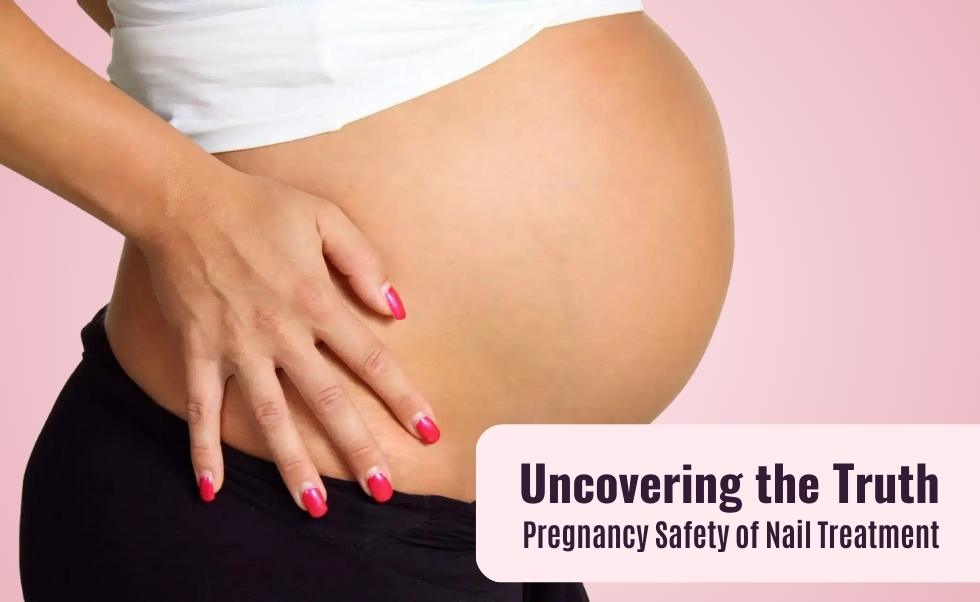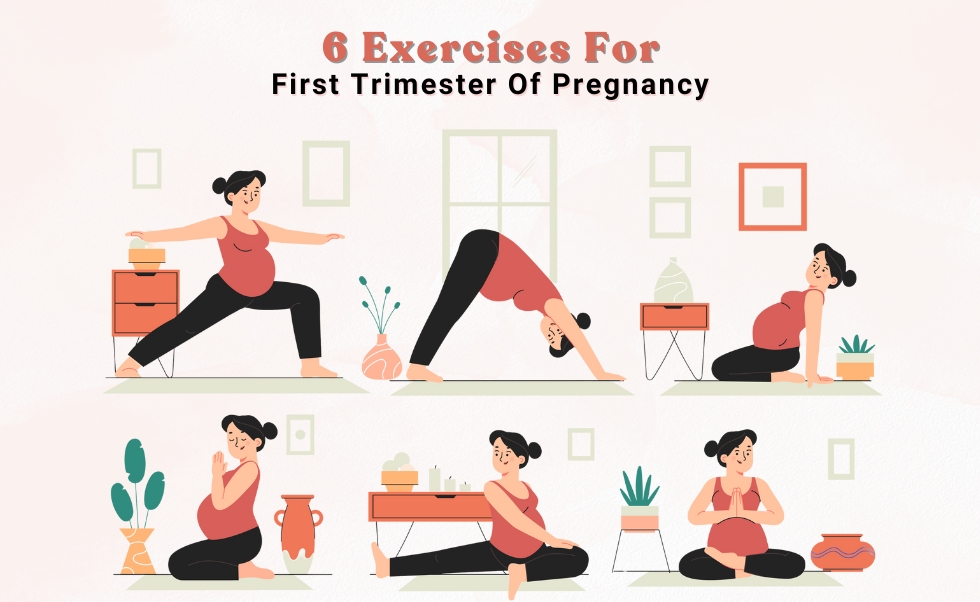Introduction
Welcoming a baby into the world is one of life’s most profound experiences. The anticipation of that first cry, the first touch, and the first hello is a magical journey filled with hope, joy, and sometimes, a little apprehension. As parents-to-be, preparing for your baby’s debut involves more than just shopping for tiny clothes or decorating a nursery. It’s about physical, emotional, and practical readiness to ensure that your little one enters a world filled with love and care.
In this blog, we’ll guide you through essential steps to prepare for your baby’s arrival, from prenatal care to emotional bonding and practical arrangements, ensuring you’re ready to greet your bundle of joy with open arms.
1. The Emotional Journey: Bonding with Your Baby Before Birth
The connection between a parent and their unborn baby begins long before birth. Bonding during pregnancy is not just heartwarming; it also creates a strong foundation for your relationship with your baby.
Talk to Your Baby
Your baby starts hearing sounds from the womb as early as 18-20 weeks. Talking to your baby, singing lullabies, or simply sharing your day builds familiarity and fosters a sense of security.
Practice Visualization
Imagine holding your baby for the first time or rocking them to sleep. Visualization techniques can help you feel more connected and emotionally prepared for the journey ahead.
Journaling Your Thoughts
Write down your hopes, dreams, and thoughts about parenthood. This can be a beautiful keepsake and a way to process your feelings during pregnancy.
2. Ensuring Physical Readiness: Prioritize Prenatal Care
Your health during pregnancy directly impacts your baby’s growth and development. Focusing on your physical well-being ensures a smoother transition from pregnancy to parenthood.
Regular Prenatal Checkups
Schedule consistent appointments with your healthcare provider to monitor your baby’s development and address any concerns. Tests like ultrasounds and blood work help ensure everything is on track.
Nutrition for Two
A balanced diet rich in vitamins, minerals, and protein is crucial. Focus on:
- Leafy greens, nuts, and whole grains for folic acid.
- Dairy or fortified alternatives for calcium.
- Fish like salmon for omega-3 fatty acids, essential for brain development.
Exercise and Mobility
Engage in safe prenatal exercises like walking, swimming, or yoga. Staying active can help with stamina, improve mood, and prepare your body for labor.
Sleep and Rest
As the baby grows, rest becomes essential. Use pregnancy pillows for better support and practice relaxation techniques for quality sleep.
3. Preparing for Labor and Delivery
Labor is an unpredictable experience, but understanding the process and being prepared can make it less daunting.
Learn About Labor
Attend childbirth education classes to understand labor stages, breathing techniques, and pain management options. Knowledge reduces fear and builds confidence.
Create a Birth Plan
Draft a flexible birth plan detailing your preferences for labor, delivery, and post-delivery care. Discuss this with your healthcare provider to ensure feasibility.
Pack Your Hospital Bag
Prepare your hospital bag by the 36th week. Essentials include:
- Comfortable clothing for you and your baby.
- Toiletries, snacks, and important documents.
- Items like a nursing bra, breast pads, and a going-home outfit for the baby.
4. Setting Up the Baby’s Space
Creating a cozy and functional space for your baby is both exciting and practical.
The Nursery
Choose calming colors and ensure the crib meets safety standards. Avoid fluffy bedding or toys to reduce SIDS risk.
Diaper Changing Station
Organize diapers, wipes, creams, and a trash bin in one accessible area for quick changes.
Clothing and Essentials
Stock up on baby clothes in various sizes, blankets, and swaddles. Don’t forget baby-safe detergent for washing.
5. Stocking Up on Supplies
Having the right supplies on hand reduces stress after the baby arrives.
Feeding Essentials
- Breastfeeding moms may need nursing pads, a pump, and nipple cream.
- Formula-feeding parents should stock bottles, nipples, and formula.
Health and Hygiene
- Baby thermometer, nail clippers, and a baby-friendly first aid kit.
- Baby shampoo, body wash, and a soft brush for grooming.
Travel Gear
Invest in a car seat that meets safety standards. Practice installing it before the due date.
6. Financial and Practical Preparations
Parenthood brings joy but also financial responsibilities. Being prepared ensures a smoother transition.
Budgeting for a Baby
Create a budget that accounts for medical bills, baby gear, and childcare. Consider setting up a savings fund for emergencies.
Maternity and Paternity Leaves
Check your workplace policies for maternity and paternity leave. Inform your employer in advance and discuss your return-to-work plans.
Childcare Options
If both parents plan to return to work, explore daycare options or arrange for a caregiver. Early planning helps secure a reliable choice.
7. Building a Support System
Welcoming a baby is joyful, but it also comes with challenges. Having a strong support system is invaluable.
Family and Friends
Let close friends and family know how they can help. Whether it’s cooking meals or babysitting older children, their support makes a big difference.
Join Parenting Groups
Connecting with other expecting parents provides camaraderie, shared experiences, and valuable tips. Look for local or online communities.
Professional Help
Consider hiring a postpartum doula or lactation consultant to assist in the early weeks.
8. Embracing the Emotional Transition
Parenthood brings a rollercoaster of emotions. It’s normal to feel excited, nervous, and even overwhelmed at times.
Communicate Openly
Share your feelings with your partner, family, or a trusted friend. Open communication strengthens relationships and reduces anxiety.
Self-Care is Essential
Taking care of your mental health is as important as preparing for the baby. Practice mindfulness, take breaks, and don’t hesitate to seek professional help if needed.
9. The Magic of the First Hello
The moment you meet your baby for the first time is indescribable. It’s a culmination of months of anticipation, love, and effort. That “first hello” will be etched in your heart forever.
Here are some ways to make that moment even more special:
- Skin-to-Skin Contact: Holding your baby close right after birth fosters bonding and regulates their body temperature.
- Cherish the First Cry: That cry signifies your baby’s arrival and marks the beginning of a beautiful journey together.
- Capture Memories: If possible, have someone take photos or videos of those precious moments.
Conclusion
Preparing for your baby’s debut is a journey filled with love, learning, and preparation. From taking care of your health to setting up a safe space for your little one, every step you take is a testament to your love and commitment as a parent.
Remember, it’s not about perfection but about creating a nurturing environment where your baby can thrive. Trust your instincts, lean on your support system, and embrace this incredible phase of life.
That first hello will be more than a greeting; it will be the start of an everlasting bond, a moment that changes your world forever. So, prepare with love, patience, and joy – your baby’s grand debut is just around the corner.







